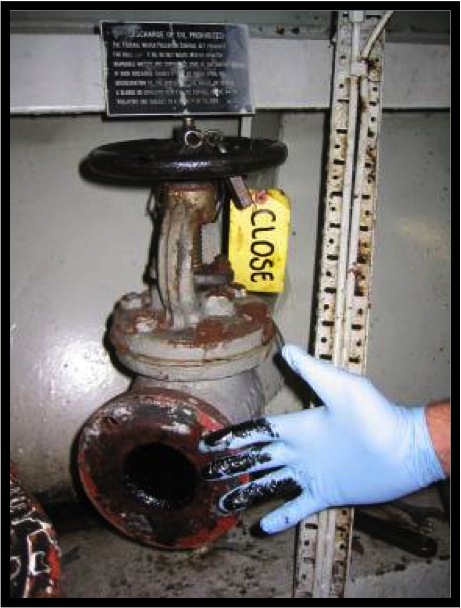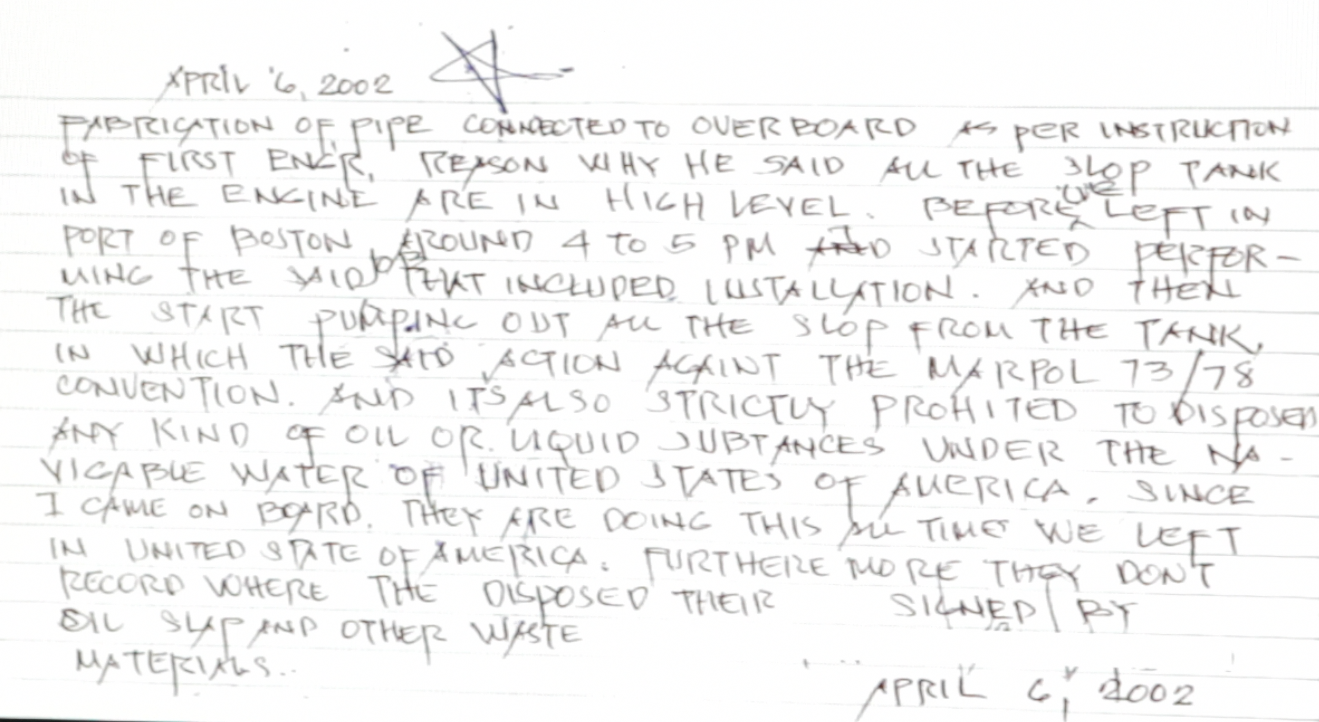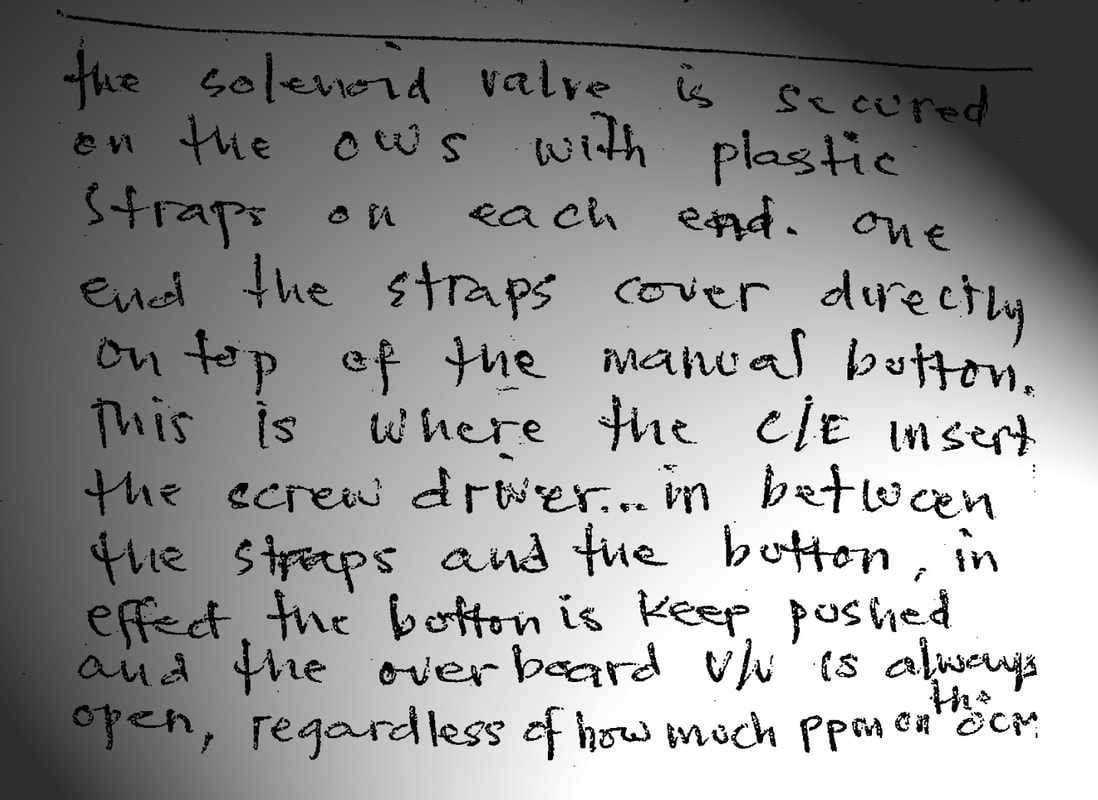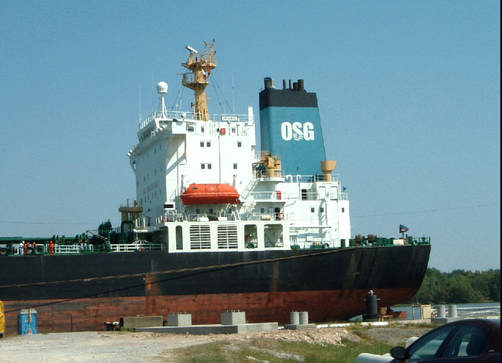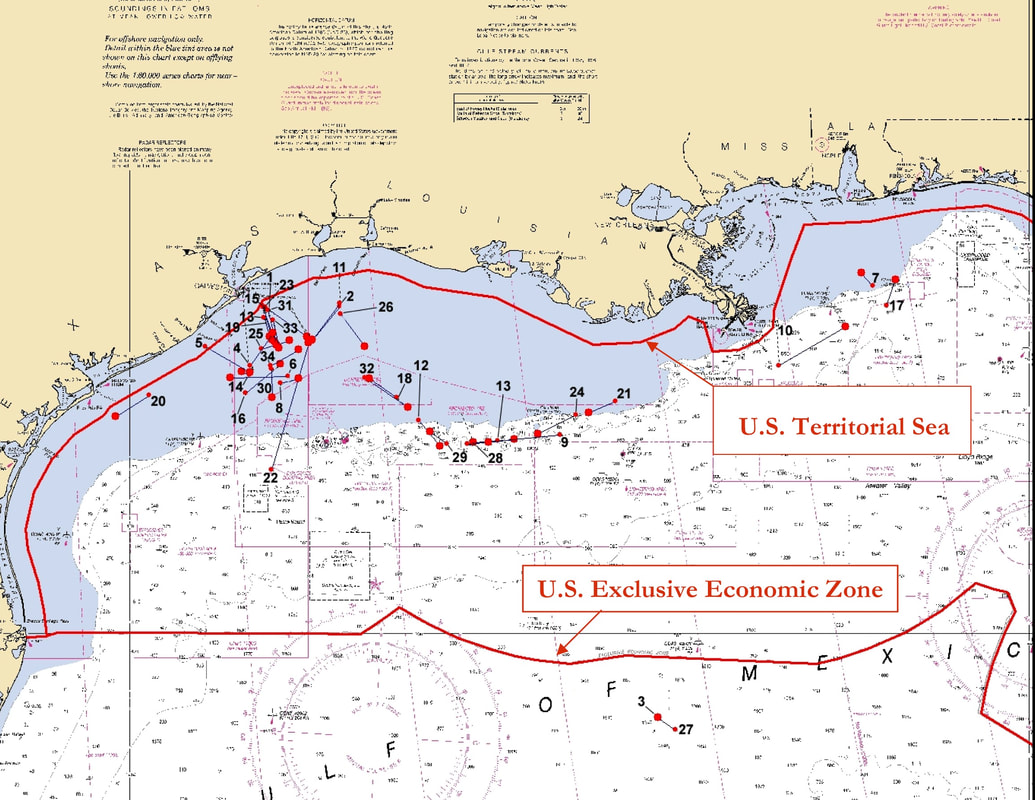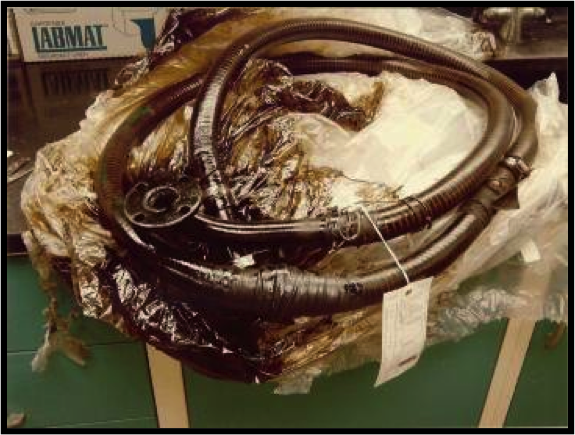The Whistleblowers Files
Richard Udell, a Senior Trial Attorney in the Environmental Crimes Division, US Department of Justice, explains the origins and key points of the the Whistleblower Provision in the US Act to Prevent Pollution from Ships, which sets into force the Marine Oil Pollution Convention known as MARPOL, and provides that whistleblower can receive up to half of the fines for reporting illegal marine oil pollution.
WHISTLEBLOWER Awards
The Act to Prevent Pollution from Ships (APPS) was passed by the US Congress in 1980 and makes it a crime to knowingly violate the oil pollution provisions of MARPOL, an international treaty that established environmental standards for global shipping.
APPS also contains a WHISTLEBLOWER PROVISION for people who provide information that leads to a conviction to receive up to half of the fine.
APPS also contains a WHISTLEBLOWER PROVISION for people who provide information that leads to a conviction to receive up to half of the fine.
|
Most whistleblowers who document and report crimes at sea are aware that they risk their careers and even their physical safety if discovered. The “Whistleblower provision” of the Act to Prevent Pollution from Ships (APPS) was created to provide an additional incentive for mariners to report environmental crimes. Whistleblowers are key to prosecution efforts. According to court records, more than half of all MARPOL cases occur as a result of crew members alerting US authorities about illegal discharges or false records. |
|
• WHISTLEBLOWERS have received a total of $540 MILLION DOLLARS in 72 cases since 1993. • The highest individual whistleblower award was $2.1 MILLION DOLLARS. • The average individual award was $237,000 DOLLARS. |
Whistleblowers have become a powerful force in bringing marine oil polluters to justice. A recent study found that whistleblowers played a critical role in 76% of all APPS related cases between 1993-2017. It also found that 70% of these cases involved whistleblowers from the Philippines, Greece, Venezuela and other seagoing nations. |
Whistleblower notes:
Making Contact with the US Coast Guard
|
Whistleblowers have made contact with the US Coast Guard, which investigates violations of MARPOL and US law, in a variety of innovative ways.
From hand written notes to coast guard inspectors during routine inspections at port to reaching out to the Seaman's Church or Marine Defenders via email or social media, many mariners have found creative ways to document and communicate their concerns. Read more about whistleblower notes here. |
A Wake Up Call
|
|
One of the largest awards went to Chris Keays, a third engineer on the Caribbean Princess, who received $1 million dollars for blowing the whistle on the Princess Cruise lines. Keays documented illegal dumping using his cell phone to record videos and take photographs, and when his ship return to port, he handed them over to the British Maritime and Coastguard Agency, triggering an international investigation.
"I genuinely hope that this will be a wakeup call for the industry," Keays wrote to the judge during the trail. "That my actions will be replicated and empower those with knowledge of these practices to do the right thing, and finally deliberate pollution will become a past shame rather than a continued illegal practice that is unspoken of by many ships crew.” |
Eyes in the Sky from Common Good Productions on Vimeo.
Watch SkyTruth, a small non-profit group based in West Virginia, use satellite imagery to track and identify ships involved in illegal bilge dumping and marine oil pollution around the world. Learn more about SkyTruth!
The importance of whistleblowers
Lawyers for the US government explain the key role of Whistleblowers and Whistleblower awards in court documents.
|
“The APPS Whistleblower award provision serves a valuable law enforcement purpose," US government lawyers explained in United States v. Overseas Shipping Group (OSG) in 2007, because "criminal conduct that takes place within the small community of those living and working aboard vessels is difficult to detect."
"Because the pollution takes place in the middle of the ocean and usually at night, the only people likely to know about the conduct and the falsification of ship records used in port are the employees in the engine room." "Each year, thousands of seafarers participate in or are aware of illegal conduct aboard their vessels. A tiny minority chooses to take active measure to stop the wrongdoing and bear witness. The government’s success in identifying the activity and obtaining sufficient evidence to support investigations and prosecutions is dependent on the willingness of lower level crew members to step forward." |
The US government lawyers acknowledged the risks to their safety and careers that Whistleblowers may face.
"The decision to step forward, however, must be weighed against the likelihood that the cooperating crew member will forever be barred from working in the marine shipping industry and may be subject to physical harm and abuse. In fact, several crew members in this case perceived that their employment was threatened and/or their physical safety was in jeopardy as a direct result of blowing the whistle on crime.” "A substantial monetary award both rewards the crew member for taking that risk and may provide an incentive for fellow crew members to alert inspectors and investigators of similar conduct on other ships in the future." "For these reasons, significant whistleblower awards have become a routine practice where the facts support a reward." |
|

